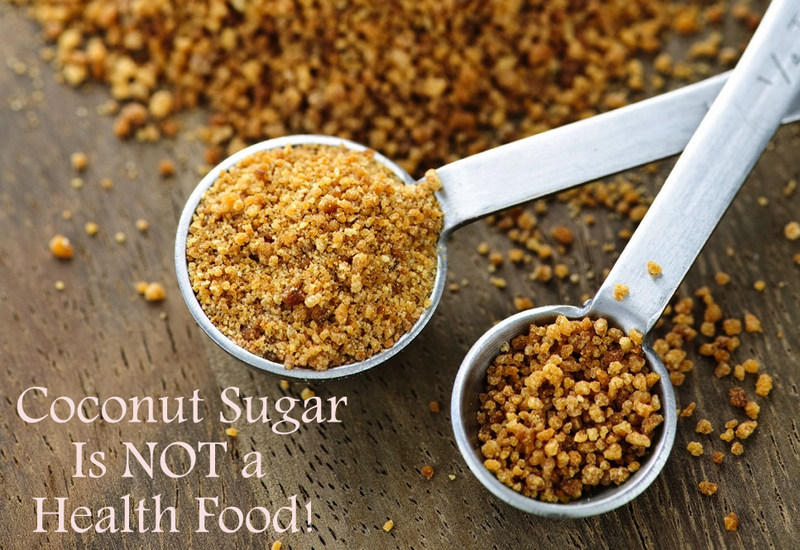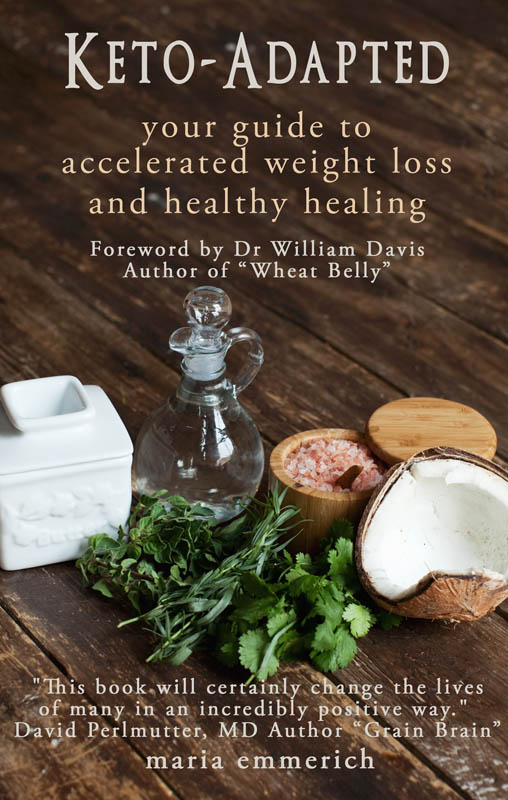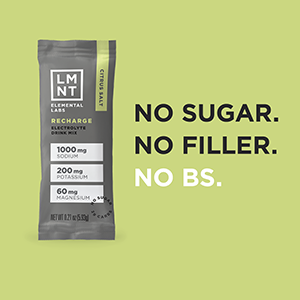Testimony of the Day
Phone Client Testimony on Depression: “OK…I realize this might be a little premature but here goes…I laughed yesterday! That is one thing that I noticed and really missed…I never laughed! So sad! I don’t even have all my supplements yet…still waiting on one. Sleep is better…about to try two patches of melatonin you suggested.
I’m pleased with the changes I’m seeing! Thank you! Kaye”
To get started on your path to health and healing, click HERE. I’d be honored to help you too!

FACTS ON COCONUT SUGAR
I recently went to the beach with some girlfriends and one asked, “Maria, what are your thoughts on coconut sugar? I see so many claims that it is healthy.”
Coconut sugar is a sweetener that has become very popular in the past few years. Man, I get a million questions about this sweetener. This sugar is derived from the coconut palm tree and is hyped as being more nutritious and lower on the glycemic index than sugar. Coconut sugar is made in a two-step process:
1. A cut is made on the flower of the coconut palm, and the liquid sap is collected into containers.
2. The sap is placed under heat until most of the water in it has evaporated.
Coconut sugar does maintain some of the nutrients found in the coconut palm. It is difficult to find exact data on this, but according to the Philippine Department of Agriculture, coconut sugar contains several nutrients.[39] Most notable of these are the minerals iron, zinc, calcium, and potassium, along with some polyphenols and antioxidants that may also provide some health benefits. The reason it is lower on the glycemic index is because it also contains a fiber called inulin, which may slow glucose absorption.[40]
Even though coconut sugar does contain some nutrients, you’d have to eat a ridiculous amount of it to really get any benefits from these nutrients. You would get a lot more from non-sweet foods. Coconut sugar has the same amount of empty calories as table sugar.
One of the big contributors to the aging process and development and perpetuation of degenerative diseases is Advanced Glycation End Product (AGEs) glycation. Glycation is where a chemical reaction occurs between proteins and either sugars, lipid peroxidation products (free radicals from oxidative damage), or the breakdown products of sugar. So sugar plays a big role in glycation as does oxidative damage (think PUFA oils and sugar inflammation). Glycation is the forming of sort of a crust around our cells. Many different studies have shown that this crust contributes to a wide range of diseases including diabetes, Alzheimer’s, heart disease, asthma, stroke, cataracts, glaucoma, PCOS, autoimmune disease and much more. So what role does fructose play here? Studies have shown that fructose enables glycation reactions ten times more rapidly than glucose!
So again, you may be thinking, “OK Maria, if I want to sweeten something a little, I will use coconut sugar since it seems less harmless than honey.” No! Let me surprise you with a tidbit: even though I see claims all over the web that coconut sugar is commendably fructose-free, 70 to 80% of it is made of sucrose, which is half fructose (and half glucose)![41] This essentially means that coconut sugar supplies the same amount of fructose as regular sugar, gram for gram.
Fructose can only be metabolized by the liver; glucose on the other hand can be metabolized by every cell in the body. Fructose raises triglycerides (blood fats) like no other food. Fructose bypasses the enzyme phosphofructokinase, which is the rate-limiting enzyme for glucose metabolism. Fructose is shunted past the sugar-regulating pathways and into the fat-formation pathway. The liver converts this fructose to fat, which, unfortunately, remains in the liver = FATTY LIVER DISEASE. Consuming fructose is essentially consuming fat! This is why I see so many children with fatty liver disease…they aren’t drinking alcohol, they are drinking sodas, juices and consuming too much fructose!
Do you think a “Calorie is a Calorie?” In THIS study, they were surprised at how quickly the liver was affected and how extensive the damage was with the fructose. Both diets had the same amount of fat, carbohydrate and protein, but the sources were different. “In the high-fructose group, the team found that the type of intestinal bacteria hadn’t changed, but that they were migrating to the liver more rapidly and causing damage there. It appears that something about the high fructose levels was causing the intestines to be less protective than normal, and consequently allowing the bacteria to leak out at a 30 percent higher rate.”
As long as you understand just how detrimental fructose is not only to your waist line, but also to the overall health of your cells and liver, you see that coconut sugar should be avoided.
To find out what you may have been doing wrong on your “low carb” diet, check out Keto-Adapted.
Click HERE to get a limited edition Hard Cover.
Click HERE to get a soft cover.
Thank you all for your love and support!
















So what is your favorite sweetener in both taste and health? If this has been addressed elsewhere, can you forward me on? Tx
I like stevia and Swerve. 🙂
Tx!
I read this about mesquite, on a list of ingredients in a certain supplement, “Mesquite is … highly effective in balancing blood sugar. Because its sugar is in the form of fructose, which does not require insulin for metabolism, mesquite helps maintain a constant blood sugar level for a sustained period of time.” Maria, would you say whether this is right thinking? Thanks
Fructose is whole other bad thing. I have a whole chapter on it title “The Fat Switch” in my book Keto Adapted.
http://mariamindbodyhealth.com/my-books/
Thank you Maria. I was always curious about this sugar and wondered why I never saw it in your recipes. It makes a lot of sense. Thank you for putting in the research for us all!
🙂
Thanks for this info!
Hi – I have been using coconut palm sugar for a year or so now thinking I was doing the right thing and that meant I had cut back on all the “bad” sugars! Ugh!! What is so different about Stevia that you use? Stevia and all the other artificial sweeteners leave an after taste in my mouth!! Even though Stevia is the extract from a plant, it still tastes gross to me!! Never heard of Swerve?
The sweeteners I use are not artificial. They are as natural as coconut sugar. They have 0g of carbs or sugar, that is the big difference. I have several options here:
http://astore.amazon.com/marisnutran05-20?_encoding=UTF8&node=13
What about Yacon Syrup? I bought it for our grandson because he’s on a ketogenic diet. Then when I saw the carb count I was afraid to use it for him.
Yes. But you only need a little bit of it.